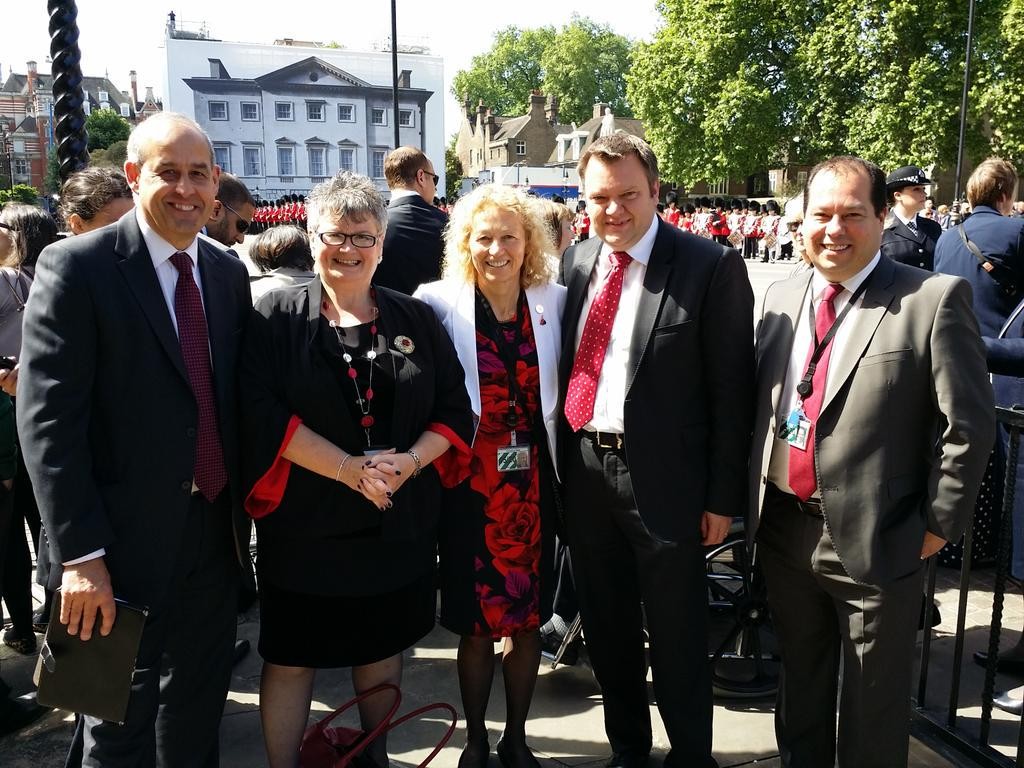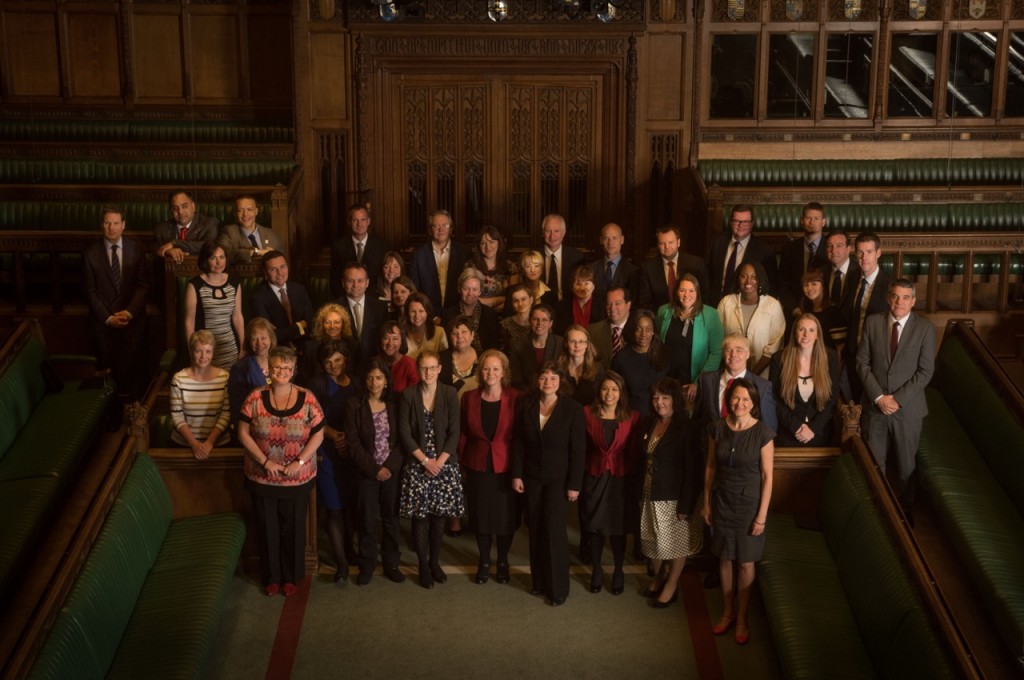I am very proud to report that last week I was officially sworn in as the Member of Parliament for Neath. I take this responsibility very seriously, and will work hard to represent my constituents.
The next five years will tough for everyone, not least the people of our communities, as the Tories unleash further attacks on public services, welfare, and trades unions, to name but a few. Although it will be tough, we will fight these damaging policies all the way to ensure the best deal possible for the people of Neath and Wales.

Wednesday 27th May marked the first Conservative-only Queen’s Speech in 20 years, involving at least 21 new Bills covering a wide range of subjects.
Perhaps more surprising was what was not included in the Speech. Despite many reports in the media over previous days that hunting with dogs was set to be re-legalised, there was no mention of this in the Speech. There was also the potential of a climbdown over the repeal of the Human Rights Act, with some MPs coming out against the plans.

The Queen’s Speech Headline Announcements
- New Wales Bill gives Assembly additional powers
- EU Referendum to be held by the end of 2017
- Welfare cap set to fall to £23,000 per household per year
- “Snooper’s Charter” plans revived
- No plans to repeal the Hunting Act
Below is a brief run down on the main bills announced in the Queen’s Speech:
FULL EMPLOYMENT AND WELFARE BENEFITS BILL:
Working-age benefits, tax credits and Child Benefit will be frozen. The benefit cap will be reduced to £23,000 (equivalent to gross family earnings of up to £29,000).
The main benefits of the Bill, said the Government, would be to ensure that it pays to work rather than rely on state benefits.
Automatic entitlement to housing support for 18-21 year olds will be removed.
ENTERPRISE BILL:
The Bill will ‘cement the UK’s position as the best place in Europe to start and grow a business’ by cutting red tape, saving small businesses £10bn over the Parliament.
Setting up a conciliation service to resolve disputes between businesses without the need for court action. – particularly on late payments.
PERSONAL TAX ALLOWANCES:
The Government will raise the personal tax allowance to £12,500, benefiting 30m people.
People working 30 hours on the national minimum wage will not pay tax.
NATIONAL INSURANCE CONTRIBUTIONS BILL/FINANCE BILL:
There will be no rises in income tax rates, VAT or national insurance contributions.
HOUSING BILL:
To help more tenants of housing associations to buy a home of their own.
Increase the supply of starter homes – exclusively for young first-time buyers at a 20% discount below open market value.
Local people to have more control over planning to encourage right-to-build and support housing growth.
A statutory register of brownfield sites.
ENERGY BILL:
To ensure there will be ‘affordable and reliable energy for business and families’.
Local people to be given the final say on wind farm applications.
Increase industry collaboration to drive down costs.
Maximise the economic recovery of offshore oil and gas reserves.
Establish the Oil and Gas Authority as an independent regulator – taking the form of a government company – charged with the asset stewardship and regulation of domestic oil and gas recovery.
To deliver more secure and diverse energy supplies in the UK
The Government is ‘committed to keeping the lights on and powering the UK economy’.
To ensure energy security, the Government is investing in new energy infrastructure such as new nuclear and new renewables, as well as exploring for gas.
IMMIGRATION:
The aim of the Bill is to ‘control immigration, making sure we put hard-working British families first’, clamp down on illegal immigration and protect public services.
Ilegal imigrants will be ‘rooted out’ and removals and deportations will be increased.
Reduce the demand for skilled migrant labour and crack down on the exploitation of low-skilled workers.
TRADE UNIONS BILL:
The Bill will ‘ensure hardworking people are not disrupted by little-supported strike action and that disruption to public services has a democratic mandate
All strikes must be the result of ‘clear, positive and recent decisions’ by union members.
There must be at least a 50% voting turnout – and of those who vote there must by 40% in favour of action in essential public services – such as health, education, fire, transport.
HEALTH AND SOCIAL CARE:
A seven-days a week NHS – ‘there for everyone throughout your life’.
Patient access to all services – GPs, hospital and social care – to be prioritised.
Investment into the NHS to be increased by £8bn a year by 2020. More GPs, faster access to new drugs and a greater focus on mental health and healthy living.
Support for the NHS to deliver its long-term plan to join up health and social care. More tests and treatment closer to home to cut down on hospital visits.
STATE PENSION:
Continuing the triple lock – an increase by the highest of the growth in average earnings, inflation or 2.5% – to give pensioners financial certainty.
Winter fuel payments, free bus passes, TV licences and prescriptions will continue.
HIGH SPEED RAIL:
To provide the legal powers to construct and operate phase one of HS2 – giving powers to take compulsory possession of land required.
WALES BILL:
The Bill will clarify the division of powers between the National Assembly and Parliament. Power over energy, transport and local government elections.
ENGLISH VOTES ON ENGLISH LAWS:
Changes to House of Commons standing orders to allow decisions affecting only England or England and Wales to be taken by the majority of MPs representing those constituencies.
This will end ‘the manifest unfairness’ whereby Scotland is able to decide its own laws but for Scottish MPs to be able to have the potentially decisive say on similar matter that affect on England and Wales.
EXTREMISM BILL:
Strengthen powers to stop extremists promoting views and behavious that undermine British values.
The Home Secretary will have new powers to ban groups, to stop extremists engaging in extremist behaviour and closure orders to close down premises used to support extremism.
Tough measures against broadcasters who put out extremist contrent.
Employment checks for employers to determine whether a potential employee is an extremist.
A ban on people with a record of extremism working with children.
INVESTIGATORY POWERS BILL:
Greater powers for security services to target the online communications of terrorists, paedphiles and other serious criminals.
POLICING AND CRIMINAL JUSTICE BILL:
This Bill will make the police more accountable to the public. It will end the practice of people remaining on bail for months or even years; treat 17 year olds as children, reform the police disciplinary and complaints system to hold the police to account and ensure that officers maintain the ‘highest standards of integrity’.
PSYCHOACTIVE SUBSTANCES BILL:
The Bill would make it an offence to ‘produce, supply, offer to supply, possess with intent to supply, import or export’ psychoactive substances. Maximum sentence will be seven years.
BRITISH BILL OF RIGHTS:
The Government will bring forward proposals for a Bill of Rights to replace the Human Rights Act ‘to protect against abuse of the system and misuse of human rights laws’.
BANK OF ENGLAND BILL:
This Bill would build on the changes made in the Financial Services Act 2012 and ‘further strengthen the governance and accountability of the Bank of England to ensure it remains at the forefont of international best practice’.
The measures are to ensure the Bank is ‘well-positioned to fulfil its vital role over overseeing monetary policy and financial stability’.
CHARITIES (PROTECTION AND SOCIAL INVESTMENT) BILL:
This Bill will enable charities to more easily undertake social investment to further their charitable purpose and to provide a financial return. It would also strengthen Charity Commission powers to disqualify trustees and close charities in cases of abuse.
VICTIMS OF CRIME:
This Bill builds on the existing Victims’ Code to guarantee greater protections for victims and witnesses in the criminal justice system.
VOTES FOR LIFE BILL:
This Bill will end the disenfranchisement after an arbitrary 15 years of British citizens living abroad for UK pariamentary elections and European parliamentary elections.
Reproduced from an email sent by the Labour Party, promoted by Iain McNicol on behalf of the Labour Party both at One Brewer’s Green, London SW1H 0RH.